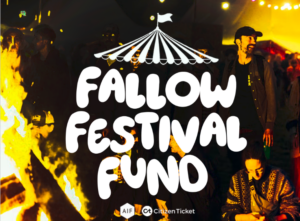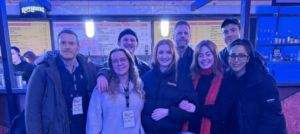Ask anyone working in festival production what they consider the most fundamental part of an event, and you’ll get a variety of answers: licensing, budgets, logistics, or programming. But here’s one that rarely makes the list, despite being the foundation for everything else: venue finding.
Finding the right space isn’t as simple as matching dates and capacities. It’s about weaving together creative vision, practicality, community, and compliance. Get it right, and you’ve set the stage for success. Get it wrong, and you’re in for a bumpy ride…
At The Fair, we’ve scouted everything from sprawling greenfields to inner-city parks and historic estates. Each outdoor venue comes with its own quirks, complications, and sparks of inspiration. Here’s what we’ve learned about the headaches and the pay-offs of sourcing the perfect venue.
Venue Finding: Things to Consider
Capacity vs. creativity
The perfect site for a 10,000-capacity show may not be suitable for a 20,000-capacity show. A woodland might look magical on a site visit, but what happens when you need space for parking, toilets, welfare facilities, and back-of-house infrastructure? One of our key responsibilities as a festival production company is striking the balance between creative ambition and logistical reality.
Logistical curveballs
Transport links, power, water, and accessibility are the less glamorous details that ultimately define whether a venue works. Burgess Park, for example, is a brilliant location with a vibrant community, but circulation and stakeholder management demand detailed planning. That is where years of event production experience prove essential.
Community voices
Every council-owned park gives residents 28 days to raise concerns before a licence is granted. That means listening, adapting, and often negotiating compromises. When we produced the first-ever Community Day at Burgess Park in 2025, the condition came directly from the council to ensure locals benefited. The result was a day designed for and with the people of Southwark.
Budget pressures
Even when a venue ticks every creative box, the numbers must add up. Costs like land hire, permissions, infrastructure, and environmental protection can quickly escalate. Venue finding is as much a financial exercise as it is a creative one.
Environmental impact
New tree planting, heritage designations, or wildlife habitats often come with restrictions. Our planning has to work around sensitive woodland areas while still creating space for stages and camping. Protecting the natural environment is not optional; it is part of responsible festival production.
Heritage venues
Working on heritage sites adds another layer of complexity. Strict preservation rules mean every aspect of event production, from ground protection to lighting rigs, must be designed to safeguard historic architecture and landscapes. Permissions often involve multiple heritage bodies, extending timelines and requiring additional reporting. While these constraints demand meticulous planning, they also push us to innovate creatively within boundaries, ensuring the event enhances rather than compromises the site’s legacy.
Venue Finding: The Rewards
The right fit
There is nothing like the moment when a site just works. The flow makes sense, the staging feels natural, and the creative vision comes together seamlessly. That is the reward of weeks (or months) of research and negotiation.
Community buy-in
When residents feel included, an event transforms from “something happening in their park” to “something happening for their park.” Local ticketing schemes, supplier partnerships, and mentoring projects, like those run alongside Maiden Voyage and Jazz Café Festival, turn a venue into a hub of shared ownership.
Partnerships that last
Returning to a venue year after year builds trust and familiarity. Councils, stakeholders, and even residents know what to expect, and each edition runs more smoothly. It is how we have been able to scale festivals like Jazz Café while keeping their identity intact.
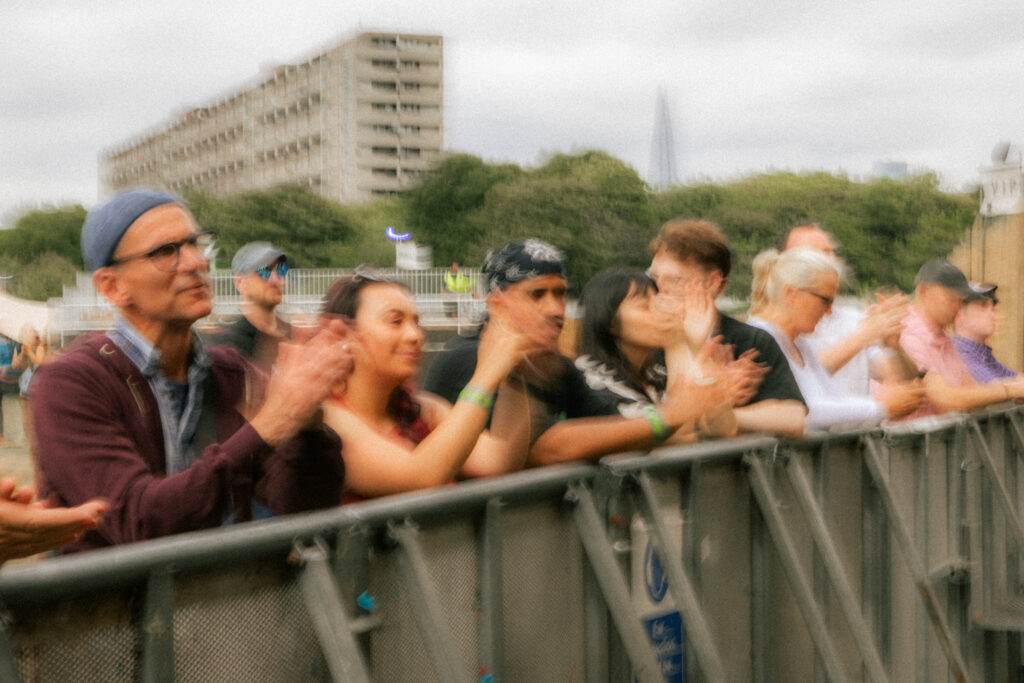
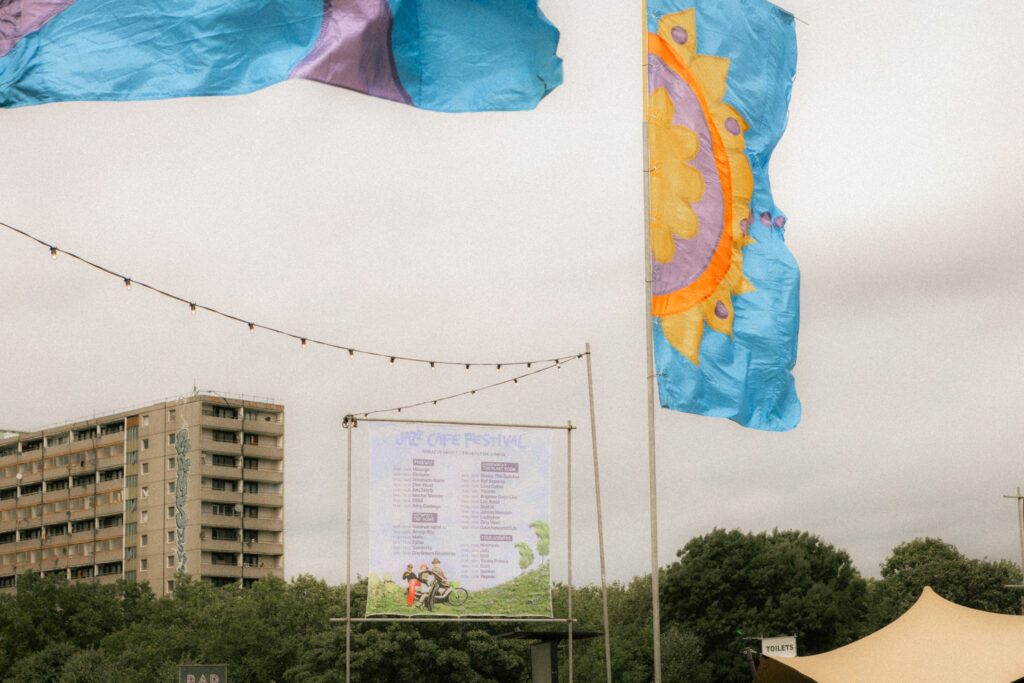
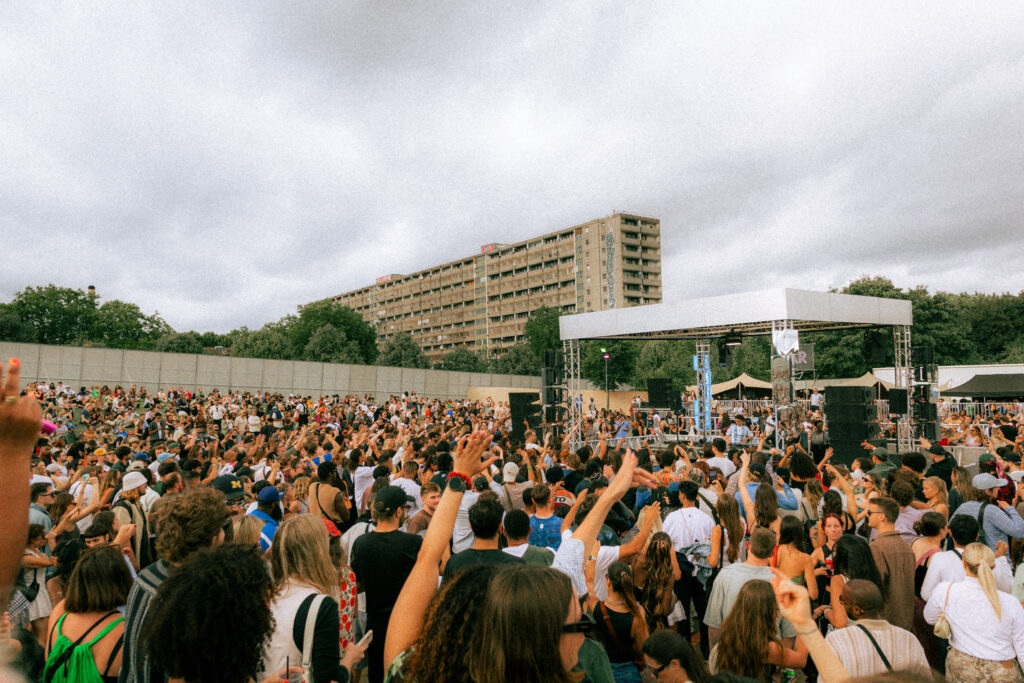
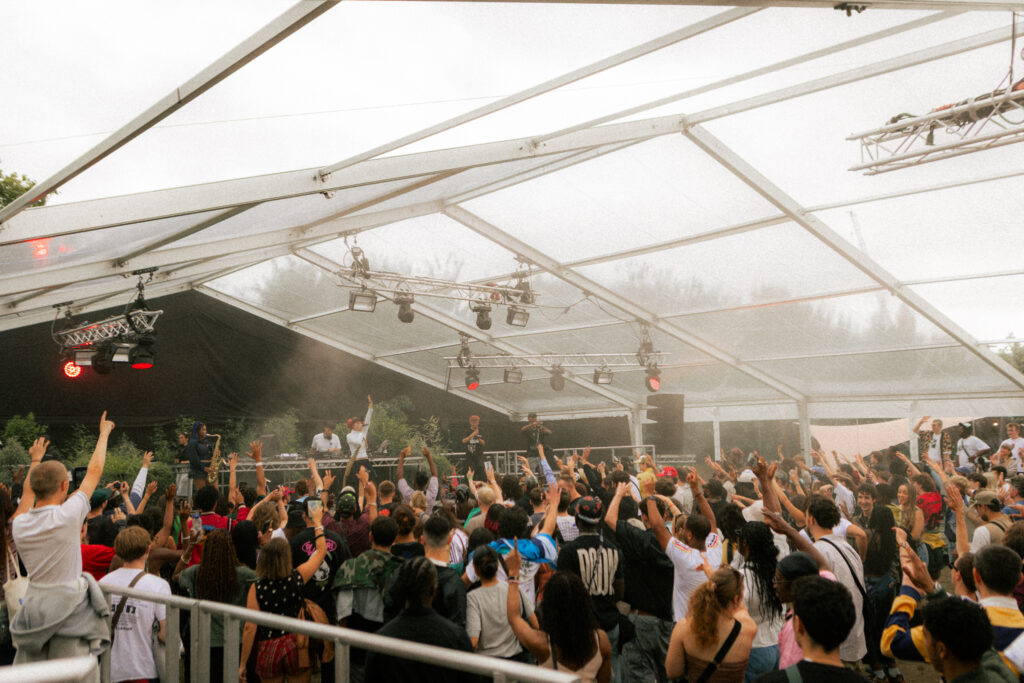
Creative spark
Every venue opens new possibilities. A park might inspire a multi-stage layout, a historic estate could demand elegant production design, while an urban setting might call for bold lighting and soundscapes. The most exciting part of venue finding is when the location becomes part of the story.
Sense of pride and achievement
That sense of pride was especially felt at the UNESCO site of the Old Royal Naval College. Heritage venues bring history, prestige, and visual impact that no temporary build can replicate. The architecture and atmosphere elevate the audience experience, while the association with a world-renowned landmark enhances cultural value. For us as a festival production company, delivering in these spaces is not just about logistics; it is about contributing to the living story of a site that has stood for centuries.
Venue Finding: Why It Matters
For The Fair, venue finding is never just a logistical box-tick. It is the first creative decision that shapes everything else. Yes, it comes with challenges such as capacity puzzles, budget negotiations, and council conditions, but the rewards outweigh them every time.
Because when you get it right, a venue does not just host an event. It defines it. It creates memories, strengthens communities, and sets the stage for culture to thrive. That is why, for us, venue finding will always be one of the most rewarding parts of festival production.
If you’re planning your next event and want to learn how we can help you find the perfect site, and deliver a standout event with expert production, get in touch.

